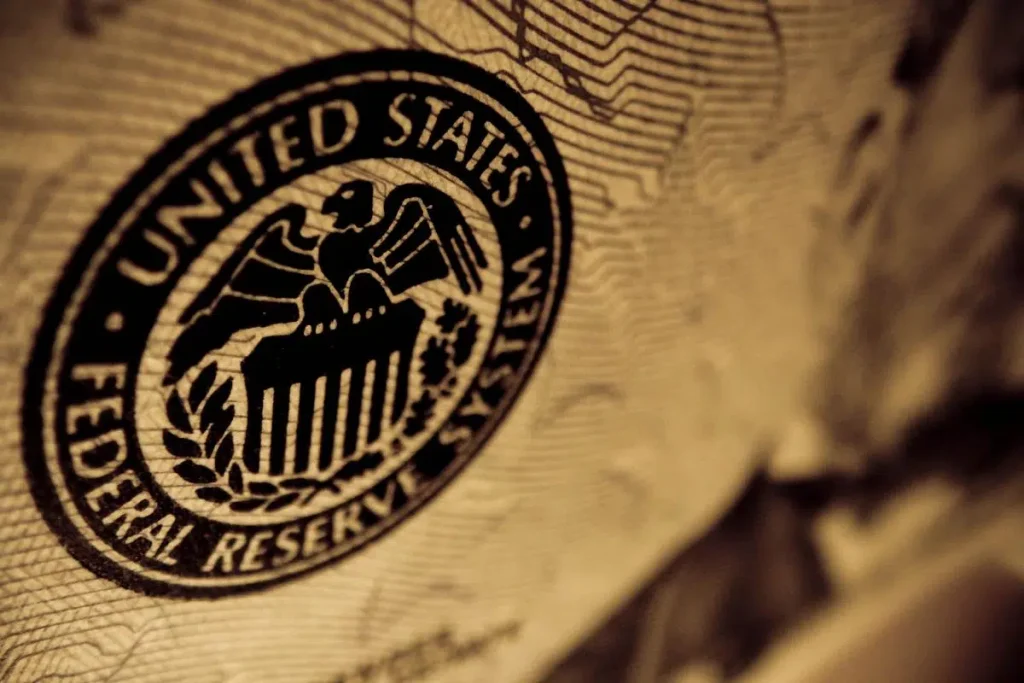Citing “significant deficiencies” in its risk management policies, especially with respect to its interactions with customers of cryptocurrencies, the U.S. Federal Reserve has issued a stop and desist order against United Texas Bank. Signed on September 4, the series highlights problems with bank influence over corporate governance by use of a May research.
Fed proceedings indicate that board of directors and top management of the bank neglected to properly handle concerns about virtual currency users and international correspondent banking. Especially, the Bank Secresy Act (BSA) compliance and anti-money laundering (AML) rules followed by the bank suffered.
“The Examination identified significant shortcomings related to foreign correspondent banking and virtual money customers, specifically risk management and compliance with applicable laws, rules, and regulations relating to anti-money laundering” the Fed said.
Though it did not state how the bank violated rules affecting its crypto customers, the court acknowledged United Texas Bank had previously undertaken to increase its adherence to BSA and AML laws. The bank’s board of directors committed as part of the settlement a written strategy meant to help with management of compliance concerns.
With 75 employees and over $1 billion in assets, United Texas Bank must fast update its compliance and risk management systems. Similar steps by the Fed in August, ordering a stop and desist to another cryptocurrency-friendly bank, Customers Bancorp, alleging flaws in its risk management and AML systems,
Recent Fed measures against banks connected to the bitcoin business have cast questions on what some industry supporters call “Operation Chokepoint 2.0,” a supposed effort aimed to prevent banks from interacting with the cryptocurrency sector. Head of operations at the Blockchain Association Dan Spuller explained Fed’s move against United Texas Bank in line with a wider overall effort to restrict bitcoin banking.
Targeting crypto-friendly institutions, enforcement operations should cause tensions between regulatory bodies and the crypto sector to grow more intense.
You can also freely share your thoughts and comments about the topic in the comment section. Additionally, don’t forget to follow us on our Telegram, YouTube, and Twitter channels for the latest news and updates.


